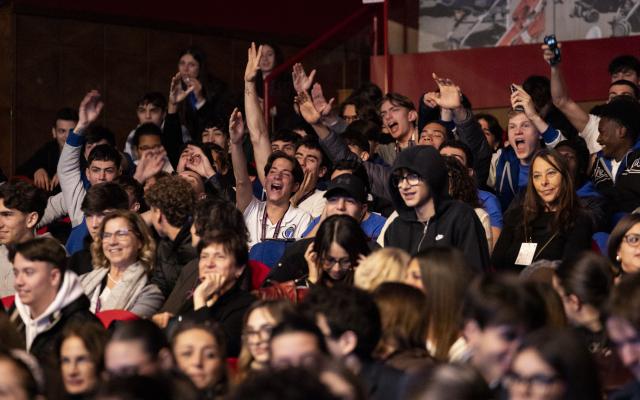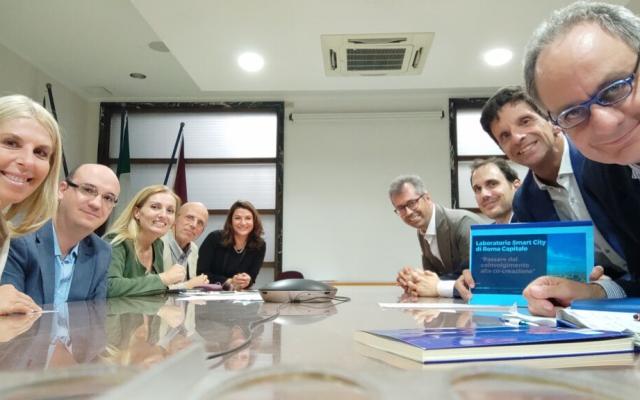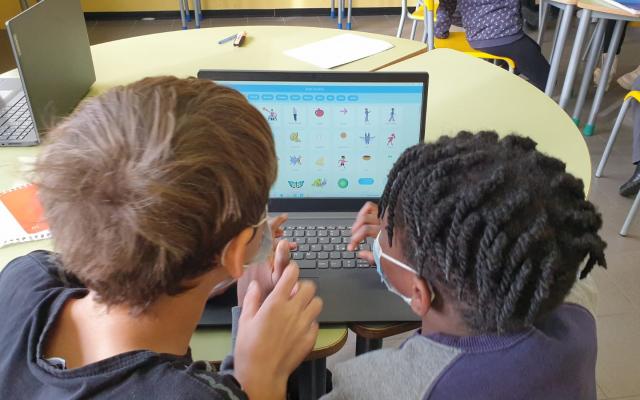Smart & Heart Rome: An Innovation Gym for sustainability in Tufello
The "An Innovation Gym for Sustainability in Tufello" PCTO course on soft skills and orientation organised as part of the Smart & Heart Rome Programme promoted with the Digital Transformation Department of Rome Capital begins tomorrow at the Istituto Tecnico Commerciale Carlo Matteucci in Rome. The course will address the design and construction of a data collection station dedicated to the challenge of holistic sustainability.
The 20-hour course, conceived with the Physics Department at Sapienza University of Rome, will allow 21 students in Class 4AC, to work on projects to measure the quality of the urban environment (air, acoustics, lighting, temperature, etc.). The objective is to discover the holistic dimension of sustainability, from individuals to system, and develop new skills in rapidly expanding professional sectors, based on the alliance between digital technology and care for the planet.
The Programme
- Module 1: Arduino. Fun and Potential (2 hours). Introduction to Arduino with examples of use for the study of physical processes. With Giovanni Organtini, Professor of Experimental Physics, and Guido Fantini, Researcher, Sapienza University of Rome.
- Module 2: Holistic Sustainability and Personal Ecosystems (2 hours). Introduction to the concept of holistic sustainability and personal ecosystem with an emphasis on the environmental challenge.
- Module 3: Arduino and its Programming Language (2 hours). First steps with the Arduino chipset and programming language. Guide to using analogue sensors.
- Module 4: Communication Protocols (2 hours). Programming an Arduino chipset to collect data from digital sensors.
- Module 5: Communication Protocols (2 hours). Use an SD card to store collected data.
- Module 6: Sensor Integration (2 hours). Integrate sensors on the device. Testing and optimization.
- Module 7: Design and Prototyping (4 hours). Device design and prototyping.
- Module 8: Pitching. Presentation of project and initial collected data; measurements will continue in the next school year.



